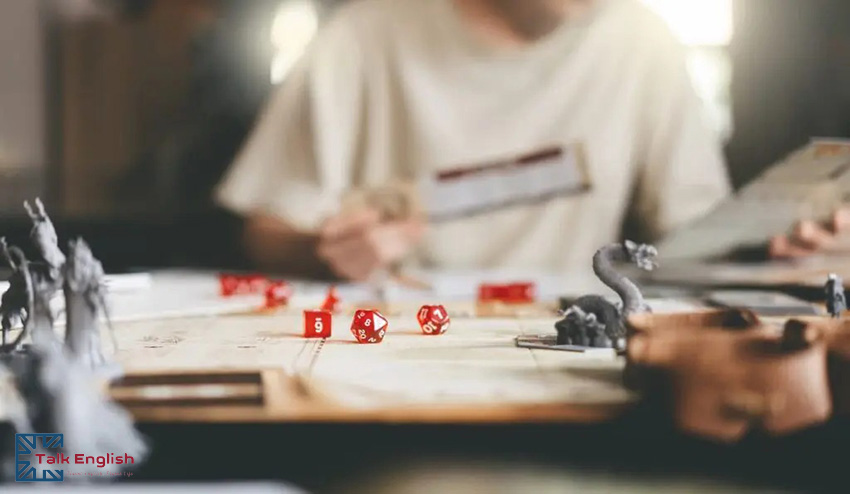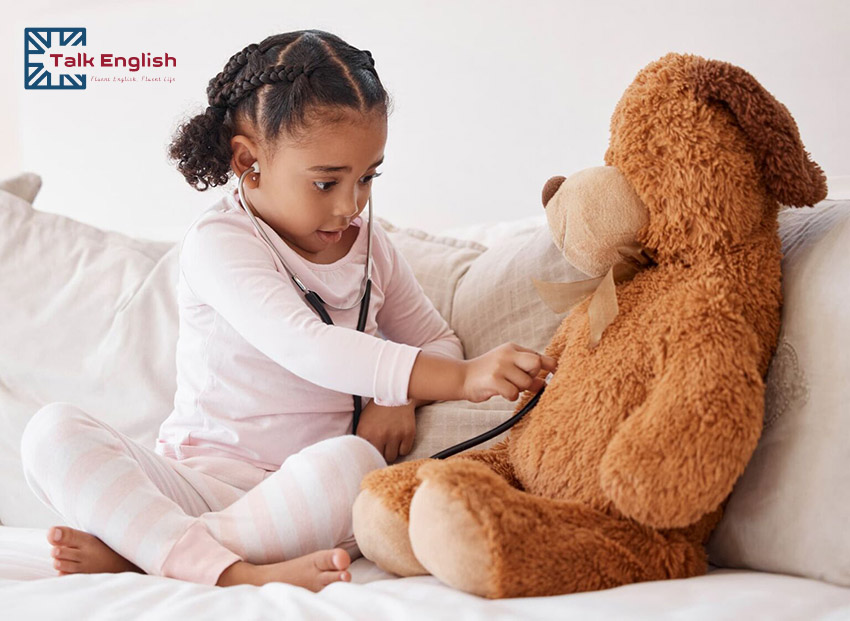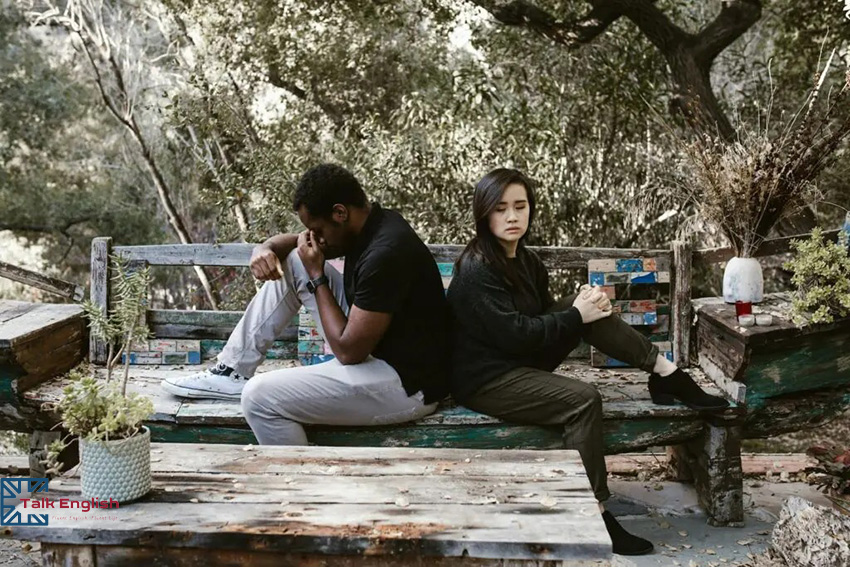Bottoms Up là gì? Học tiếng Anh chủ đề Ăn nhậu
As a verb, it can also be expressed as "take a sip."
Some people also say “babysit a drink,” which has the same meaning.
People often chant "Chug!" when encouraging friends to drink quickly. Of course, this is only appropriate in casual situations among friends.
Knock back
"Knock back" is often used when referring to drinking beer casually.
Do shots
Shots are small amounts of strong alcohol served in special glasses. They are meant to be drunk quickly and all at once.
People usually do not say "drink a shot" — instead, it is "do a shot."
Levels of intoxication
"Intoxication" is a noun referring to how drunk someone is. A person who has been drinking is "intoxicated."
There are different expressions for describing someone's level of intoxication, starting from no alcohol up to too much alcohol!
Sober
Someone is sober if they have not been drinking, and therefore are not intoxicated at all.
Additionally, sober is used to talk about a lifestyle or for referring to a long period of time when someone has not been drinking.
Buzzed / Have a buzz
We say that a person with a low level of intoxication is "buzzed" or "has a buzz." This is not drunk, but it is also not sober.
Tipsy
The verb "tip" means to push something so that it loses balance and falls. Similarly, someone who is intoxicated may have trouble standing or walking, so we say they are "tipsy."
Drunk
Someone who is quite intoxicated is "drunk."
Smashed
The verb "smash" means to destroy. When someone is very drunk, they cannot function properly, like a broken device.
In British English, people often use "pissed" in a similar way. But be careful: in American English, it's a rude word meaning very angry!
Other alcohol-related expressions
Lightweight
Different people have different tolerances, or amounts of alcohol that they can drink comfortably. Someone with a low tolerance is casually called a "lightweight."
Have too many
This expression is a simple way to say someone has had too much alcohol.
Drink (someone) under the table
We use this expression to say that one person can drink much more alcohol than someone else. It creates the image of someone getting so drunk that they fall off of their seat and land under the table where they were sitting.
Handle one’s liquor
This expression is used to talk about how much alcohol someone can drink. Someone who can "handle their liquor" can drink a lot. However, someone who can't either gets drunk very quickly or behaves badly or strangely when they drink.
Last call
Whether you're enjoying a glass of wine with close friends at home or meeting new people in a lively bar, you'll need to know the right terms for talking about drinking. Try these expressions out the next time you're enjoying a drink — and always remember to drink responsibly!
TIN TỨC LIÊN QUAN
Dungeons & Dragons – Cách Học Tiếng Anh Sáng Tạo Qua Trò Chơi Phiêu Lưu Kỳ Ảo
Khám phá cách Dungeons & Dragons giúp bạn luyện nghe, nói, đọc, viết tiếng Anh tự nhiên qua những chuyến phiêu lưu kỳ ảo ...
14 Từ Vựng Tiếng Anh Nói Về Cảm Lạnh & Cúm – Dùng Chuẩn Như Người Bản Xứ
Học 14 từ vựng và cụm từ tiếng Anh quan trọng để nói về cảm lạnh, cúm và triệu chứng. Ví dụ thực tế, dễ hiểu...
Phrasal Verbs & Idioms với “Break” – Đơn giản mà siêu đa nghĩa!
Trong tiếng Anh, nhiều từ rất đơn giản nhưng lại có vô số nghĩa và cách dùng khác nhau – break là một ví dụ điển h�...



